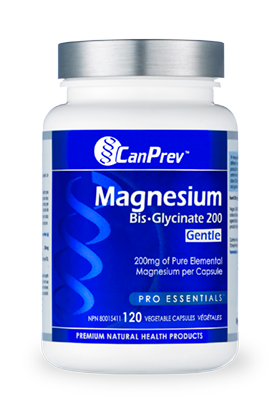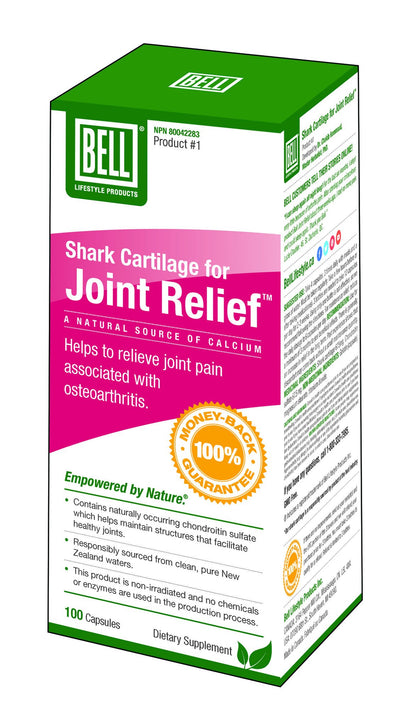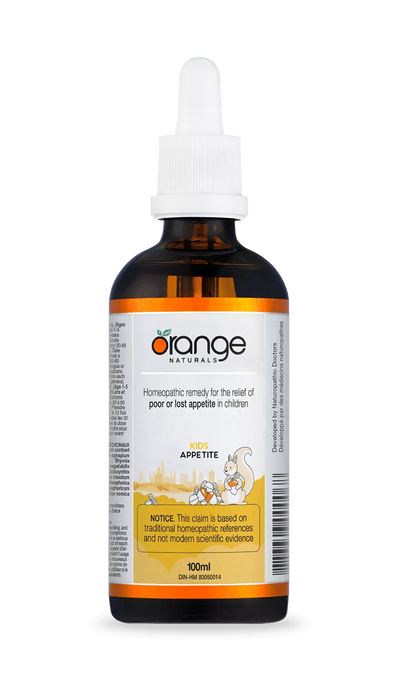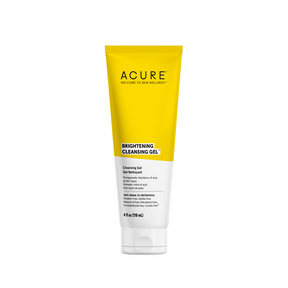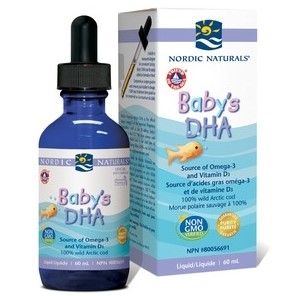How to Naturally Balance Your Hormones, Ease Hot Flashes & Address Other Symptoms of Menopause
Reviewed by Aleksandra Morgan, CNPFirst, let’s make something clear: Women & girls experience many hormone-related changes and shifts throughout their lives, including:
- During puberty, girls may experience irregular menstrual cycles, mood swings, and acne due to fluctuating levels of estrogen and progesterone.
- During pregnancy, progesterone levels are increased in order to sustain the pregnancy, which can cause nausea, fatigue, and mood swings.
- During and after menopause, estrogen levels decrease, which often leads to hot flashes, night sweats, and vaginal dryness.
What is Menopause?
Menopause is a natural part of the human lifecycle, and is primarily characterized by the end of a woman’s monthly period. During menopause, estrogen & progesterone levels decrease, which can cause a variety of physical and emotional symptoms. These symptoms can include hot flashes, night sweats, vaginal dryness, decreased libido, mood swings, and difficulty sleeping. It is important for women to be aware of these symptoms and to know that they don’t need to suffer through them.
What are Hot Flashes?
Hot flashes are an uncomfortable, sudden sensation of heat in the body that is often accompanied by flushing & reddening of the skin, usually on the face, neck, and chest. They are a common symptom of menopause and are experienced by up to 75% of women. Hot flashes can vary in intensity, duration, and frequency, but they typically last no more than a few minutes.Hot flashes can be triggered by a variety of things, including stress, heat, caffeine, alcohol, and spicy foods. Women may experience hot flashes while they sleep (night sweats) or during the day.
What can I do about it?
Although there’s no known “cure” for hot flashes, there are a few ways we can help manage them. Avoiding triggers, dressing in layers, and keeping the room temperature cool are common ways women deal with hot flashes when they occur.
If you’re looking for ways to minimize the frequency and intensity of hot flashes, diet and lifestyle changes may help. Here are some tips on how to do just that.
- Eat more plant-based foods. Eating a diet rich in fruits, vegetables, whole grains, nuts, and seeds can help reduce the severity and frequency of hot flashes. Plant-based foods are also packed with vitamins and minerals that can help you stay healthy during menopause.
- Stay hydrated. Drinking plenty of water throughout the day can help regulate your body temperature. Aim to drink at least 8 glasses of water each day.
- Avoid foods that can trigger hot flashes such as spicy foods, alcohol, and caffeine by limiting your intake or avoiding them altogether, if possible.
- Exercise regularly. Consistent exercise can reduce the intensity and frequency of hot flashes. Aim for 30 minutes of moderate-to-vigorous exercise each day.
- Manage stress. Stress can trigger hot flashes, so it’s important to find ways to manage your stress levels. Try setting healthy boundaries, and explore meditation, yoga, breath work, & other relaxation techniques to help reduce stress.
By making a few lifestyle and dietary changes, you can reduce the severity and frequency of hot flashes.
If you want to take it a step further, there are many herbal remedies that have been found to be effective for managing hot flashes:
Metagenics Estrovera, a special extract of rhubarb root - ERr 731, is supported by many clinical studies demonstrating that it significantly reduces hot flashes and other menopausal symptoms. Estrovera is a safe and natural alternative to hormone replacement therapy. It is non-hormonal, and non-estrogenic, and does not have the side-affects associated with hormone therapy.
Canprev MenoPrev+ Mood features a combination of herbs that work together to alleviate hot flashes, night sweats, and sleep disturbances. It is also shown to improve memory, mood, and libido during perimenopause and menopause. Each daily dose contains an equivalent of 3000mg of maca root to naturally support hormone balance. Other ingredients include black cohosh, sage, and chasteberry, which work together to provide relief from menopausal symptoms. Ginkgo biloba and Rhodiola are other key ingredients in this versatile supplement, promoting healthy memory and mood balance.
Eating a balanced diet, exercising regularly, getting enough sleep, and taking supplements to support hormone balance can help alleviate many of the unpleasant symptoms of menopause. Make sure to manage stress levels and incorporate relaxation techniques to make this transition in your life much easier. With a little effort and dedication, you can improve your quality of life and maintain balance before, during ,and after menopause.


